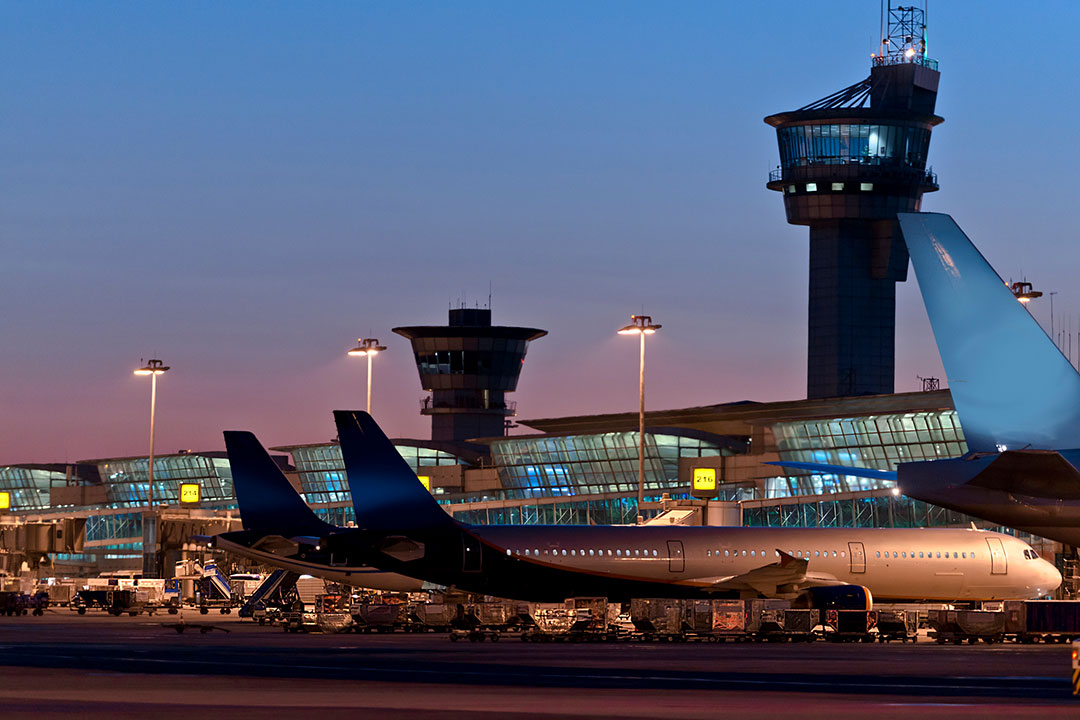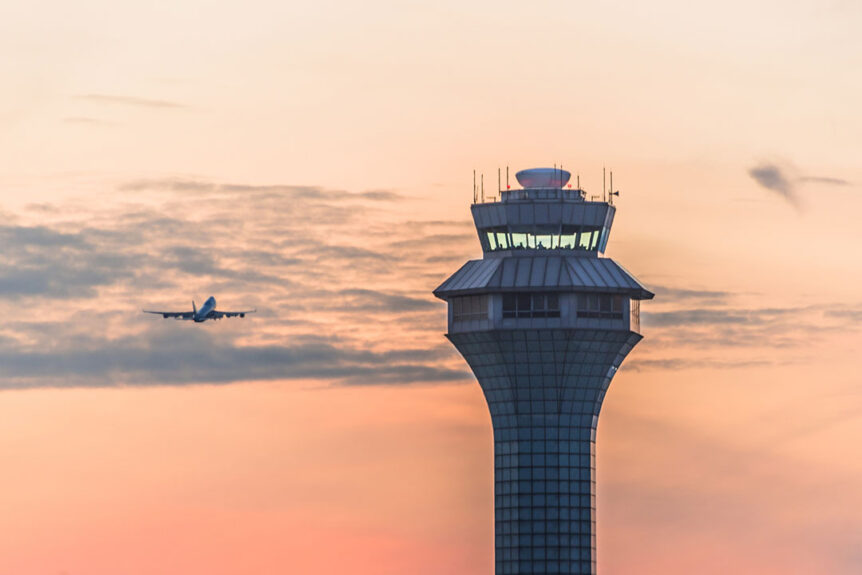Colombian authorities suspended multiple air traffic controllers at Bogotá’s El Dorado International Airport after an 18-year-old visitor issued takeoff clearances for departing aircraft. This teenager air traffic incident revealed serious breaches of aviation safety, prompting an immediate investigation by Aeronáutica Civil, the country’s aviation authority.
Incident Overview

El Dorado Airport (BOG) | Photo: simonmayer
On July 21, 2025, an air traffic controller at El Dorado Airport (BOG) brought his 18-year-old son into the tower, claiming it was for supervised training. Over nearly an hour, the teenager made around 20 radio transmissions to pilots, including a clearance for Avianca flight AV-217, a Wamos Air Airbus A330-300 bound for Buenos Aires.
Regulatory Violations and Safety Risks
Aeronáutica Civil stated that allowing an uncertified individual to use ATC equipment violates protocol. Colombian aviation rules prohibit unauthorized personnel from operating flight clearance systems. The breach was classified as “serious,” undermining passenger, crew, and airspace safety.
No accidents or delays occurred, but the procedural violation alone warranted disciplinary action. The controller’s claim that this was career guidance for a future trainee was dismissed as reckless.
Disciplinary Actions and Public Backlash
Aeronáutica Civil suspended two controllers directly involved in the incident and launched disciplinary proceedings against five others for failing to intervene. The case could escalate further, with authorities considering a referral to Colombia’s Attorney General’s Office for potential criminal charges under aviation law.
The breach first gained public attention after the teenager posted footage from the control tower on TikTok. The viral video drew sharp criticism, not only for the safety violation but also for flaunting it online. Aviation experts highlighted how social media amplifies such lapses, reiterating that strict protocols exist to prevent untrained individuals from endangering air traffic.
Safety Comparisons and Historical Context
Experts drew parallels to the Aeroflot Flight 593 crash, where a pilot’s child accidentally caused a fatal accident. Such cases highlight the risks of bypassing safety protocols, even with supervision.
Aviation safety relies on multiple layers of protection, and unauthorized actions, however well-intentioned, erode that foundation.
Analysis of Risk Factors
The teenager air traffic incident exposed critical failures:
- Unauthorized Access: A non-controller accessed restricted areas and used ATC equipment.
- Lack of Supervision Standards: No formal framework existed for live-operation mentoring.
- Social Media Exposure: Posting the incident online worsened reputational damage.
- Potential Escalation Risk: Miscommunication could have been catastrophic at a busy hub like BOG.
Broader Implications for ATC Training and Oversight

Air Traffic Control tower at Atatürk Airport.
This case highlights the need for strict ATC training boundaries. Global authorities enforce rigid certification processes, and this incident may lead to tighter visitor policies and protocol reviews.
It also raises governance questions: Why did five controllers fail to act? What systems prevent peer pressure from overriding procedures?
Suspensions, Investigations, and a Call for Stricter Enforcement
The teenager air traffic incident at El Dorado Airport led to suspensions and disciplinary action. While no flights were endangered, the breach revealed gaps in oversight and judgment. Colombia’s response underscores that aviation safety is non-negotiable, with authorities pursuing full accountability, including potential legal action.
The event serves as a reminder that unauthorized involvement in ATC operations will never be tolerated.

